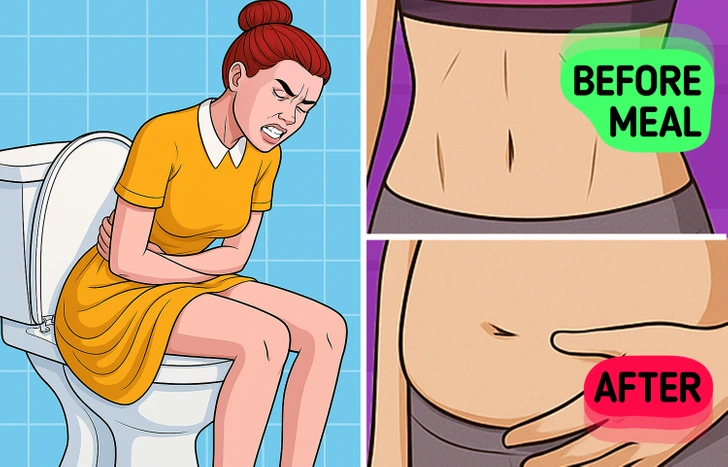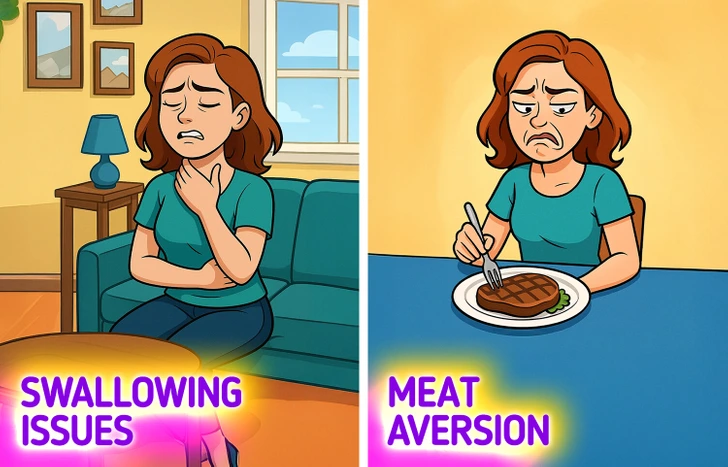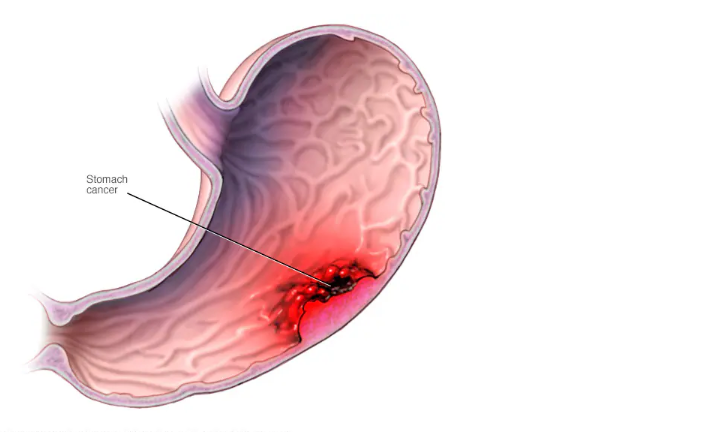
Ever felt that nagging fullness after a meal or a wave of bloating that just wouldn’t quit? We’ve all been there. Sometimes it’s overeating. Other times, it might be stress or a late-night snack gone wrong. But what if it’s something deeper—something your body’s been trying to flag all along?
Stomach cancer often sneaks up disguised as minor, everyday discomforts. It doesn’t kick down the door—it knocks softly. And that’s what makes it so dangerous. Let’s break down the symptoms you should never shrug off, no matter how subtle they seem.
Video: How does a person die from cancer? | 3D Animation
A Win for Medicine: Catching Stomach Cancer Earlier Than Ever
Here’s a little hope before the heavy stuff—doctors are getting better at spotting stomach cancer in its early stages. Thanks to better imaging tech and a more proactive approach to upper endoscopies, cases are being found sooner and treated faster.
Between 2004 and 2021, early-stage diagnoses rose by 53%. Meanwhile, advanced cases—where the cancer has spread to organs or lymph nodes—dropped by nearly 40%.
Dr. Mohamed Tausif Siddiqui, a gastroenterologist with the Cleveland Clinic, credits this shift to both technology and awareness. And for the first time ever, 2021 saw more early-stage diagnoses than late-stage ones. That’s not just progress—it’s a turning point.

The New Demographic: Why Younger Women Are Being Affected More
While stomach cancer used to be something mostly older adults worried about, recent data shows a rise in cases among younger adults—especially women.
The overall rate has dropped slightly from 8.44 per 100,000 people in 2000 to 7.53 in 2021. But younger people? Their rates are ticking upward. And more often than not, they’re being diagnosed at advanced stages.
Why? Experts are still digging for answers. But one thing’s clear—no age group is immune. Ignoring symptoms or waiting until things “feel serious” can be costly.

Why This Cancer Is So Easy to Miss
The tricky thing about stomach cancer is that it hides in plain sight. In the early stages, the symptoms are mild and vague. A little heartburn. A touch of nausea. Maybe you blame your lunch or a bad night’s sleep.
Most people don’t get screened unless they’ve got clear risk factors or symptoms that won’t quit. And that’s the problem—by the time those symptoms show up strong, the cancer may have already progressed.
Video: Stomach Cancer – All Symptoms
Dr. Mojun Zhu, an oncologist who focuses on gastrointestinal cancers, says many of her patients thought they were just dealing with indigestion. They delayed seeking care. And that delay often made treatment harder.
The Sneaky Symptoms That Deserve Your Full Attention
Here’s where it gets real. If you’ve got one of these symptoms for more than a week or two, don’t ignore it:
- Constant heartburn or indigestion
- Ongoing nausea or stomach discomfort
- Feeling bloated after eating small meals
- Sudden and unexplained weight loss
- Loss of appetite or early fullness
- Trouble swallowing
- New food sensitivities (especially meat, alcohol, coffee, or fruit)
- Stomach pain that doesn’t go away

No single symptom screams “cancer.” But when a few show up together and don’t ease with lifestyle changes, it’s time to see a doctor.
When Things Get Serious: Advanced Symptoms You Shouldn’t Dismiss
As stomach cancer grows, the symptoms become harder to ignore—and way more serious. Here’s what to look for in later stages:
- Vomiting blood or dark material
- Blood in stool or black, tar-like stools
- Swelling in the belly
- Fatigue so heavy you can’t shake it
- Difficulty keeping food down
- Sharp, ongoing abdominal pain
These signs are red alerts. If you experience them, don’t wait. Seek medical attention immediately.

Who’s at Risk? Know the Factors That Raise the Odds
Even if you feel healthy, understanding your risk is key. You might be more vulnerable if you:
- Have a chronic H. pylori infection
- Have a family history of stomach cancer
- Deal with long-term acid reflux or ulcers
- Had previous stomach surgery
- Are overweight or physically inactive
- Smoke or drink heavily
- Eat lots of processed, salty, or smoked foods
- Don’t get enough fruits and vegetables
Risk isn’t destiny. But knowing yours helps you take control early.
Video: IF YOU HAVE ONE IF THESE SIGNS YOU COULD HAVE STOMACH CANCER | SYMPTOMS AND CAUSES OF GASTRIC CANCER
Looking Ahead: What Experts Expect for the Future
The American Cancer Society estimates that 30,300 new cases of stomach cancer will be diagnosed in the U.S. by the end of 2025. Out of those, roughly 10,780 people will lose their lives to the disease.
But here’s the flip side—more early diagnoses mean better outcomes. When caught before it spreads, the five-year survival rate is 75%. That number drops to 36% once it hits nearby organs, and it drops sharply to 7% when it spreads far.
The takeaway? Time is everything.

How to Protect Yourself Starting Today
You can’t always control what’s in your DNA, but your lifestyle choices play a massive role. Try this:
- Cut back on processed meats and salty snacks
- Add more fresh fruits and veggies to your plate
- Stop smoking and reduce alcohol intake
- Get regular physical activity, even if it’s just daily walks
- Listen to your body and don’t normalize discomfort
And if something feels off—trust your gut. Literally.
Stomach cancer isn’t always loud. In fact, it’s often quiet at first—too quiet. That’s why it gets missed.

But you? You’ve got the tools now. You know what to look for. And if even one of these symptoms sticks around longer than it should, don’t talk yourself out of checking in with your doctor.
It’s not about paranoia. It’s about being proactive. Your body has a language—it speaks through symptoms, patterns, and instincts. All you have to do is listen.
Because when it comes to stomach cancer, early action can change everything.


